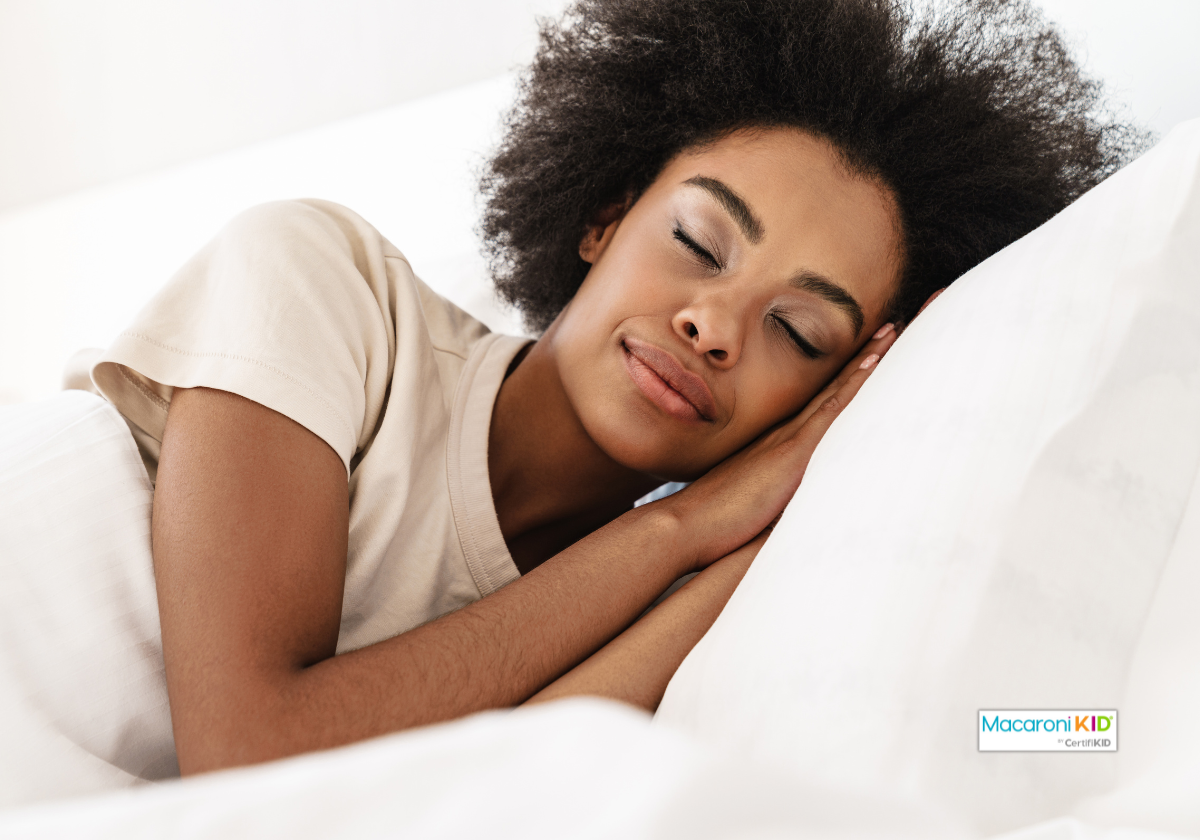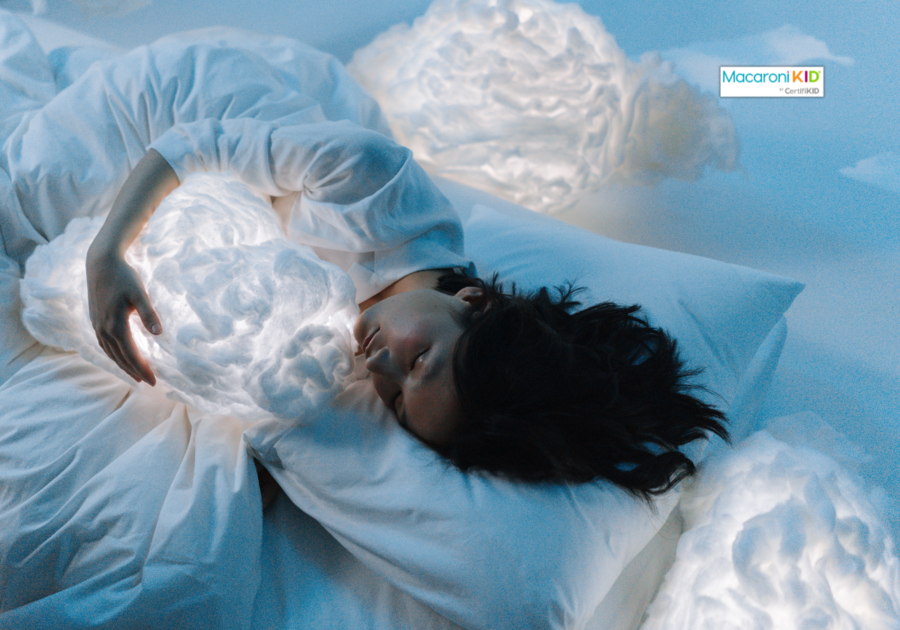Whether it’s a sudden noise, a trip to the bathroom, or just waking up for no apparent reason, I totally get how frustrating it can be to find yourself wide awake in the middle of the night.
This common struggle, sometimes referred to as "middle-of-the-night insomnia," can leave you feeling drained the next day, impacting everything from your immune system to your mood. I've learned that this kind of insomnia is especially common among women and tends to become more frequent as we age. But as someone who sometimes suffers from this myself, I refuse to accept this as just a part of life!
Here are a few simple tips and tricks I've found helpful in trying to fall back asleep when I’m lying there, staring at the ceiling at 3 a.m.:
1. Don't turn on the lights
Melatonin, that all-important hormone that helps regulate sleep, is super sensitive to light. Our bodies are still wired to follow the natural patterns of daylight and darkness, so if you turn on bright lights in the middle of the night, it can mess with your melatonin production and make it harder to drift back to sleep. If you need to get up, try keeping the lights as dim as possible — I’ve found that a nightlight in the bathroom is all I need and doesn't result in fully waking up my brain.
Like this article?
Subscribe for FREE to Macaroni KID now for kid-friendly event listings, parenting tips, top picks, and much more!
2. Don't get on your phone
I know it’s tempting, but the blue light from your phone, tablet, or TV can really mess with your sleep cycle. It stimulates your brain, making it much harder to relax and fall back asleep. Experts say it's best to reserve your bed for sleep and intimacy only — using it for watching TV or browsing the internet can make it harder for your brain to associate your bed with sleep. I’ve been working on less phone time at bedtime ... though not always succeeding. But it does really seem to make a difference.
3. Don't exercise
While regular exercise is great for your overall sleep quality, getting your heart rate up too close to bedtime can trick your body into thinking it's time to be awake. If you need something to relax before bed, try some gentle stretching instead of going for a full workout.
4. Don't drink alcohol
I used to think a nightcap would help me relax before bed, but I’ve learned that alcohol can actually disrupt the quality of your sleep as the night goes on. It can lead to lighter, more fragmented sleep and reduce the amount of time you spend in the all-important REM stage, which is crucial for mood regulation and cognitive function. I've stopped drinking a glass of wine in the evening and turned to a caffeine-free hot tea instead, and found my sleep has improved.
 Dean Drobot | Canva |
Three things you can try instead:
1. Do practice meditation
Meditation is a game-changer for calming the mind and easing into sleep. By clearing away anxiety and stress, you can create a more peaceful environment for rest. I try to listen to a meditation before bed whenever I can as part of my routine. There are plenty of apps and podcasts — many of which are free! — that can lead you through calming bedtime meditations.
2. Do experiment with white noise
White noise can work wonders for masking disruptive sounds like traffic or barking dogs. It creates a consistent auditory environment that makes it easier to stay asleep. Many people find that white noise works almost as well as sleep aids. We use our Amazon Alexa in our bedroom for white noise every night — we set it to thunderstorms! There's also white noise machines, or even a fan or AC unit can work for these purposes.
3. Do remove lights
Even small amounts of light can throw off your circadian rhythm. We have blackout curtains to block out external light from our neighborhood. You can even go so far as to cover any electronic devices that emit light in your room. Creating a truly dark environment can really help improve sleep quality.
Is middle-of-the-night insomnia something to discuss with your doctor?
If you find yourself staring at the ceiling often in the middle of the night, or just feel like sleep is becoming a serious issue, consult your doctor. There could be more serious issues at play, like sleep apnea or another health condition. But for many of us, these simple and practical tips can make a big difference in reclaiming a full night’s sleep.
Wishing you all sweet dreams!
Reverie, a sleep technology company, contributed to this article.


